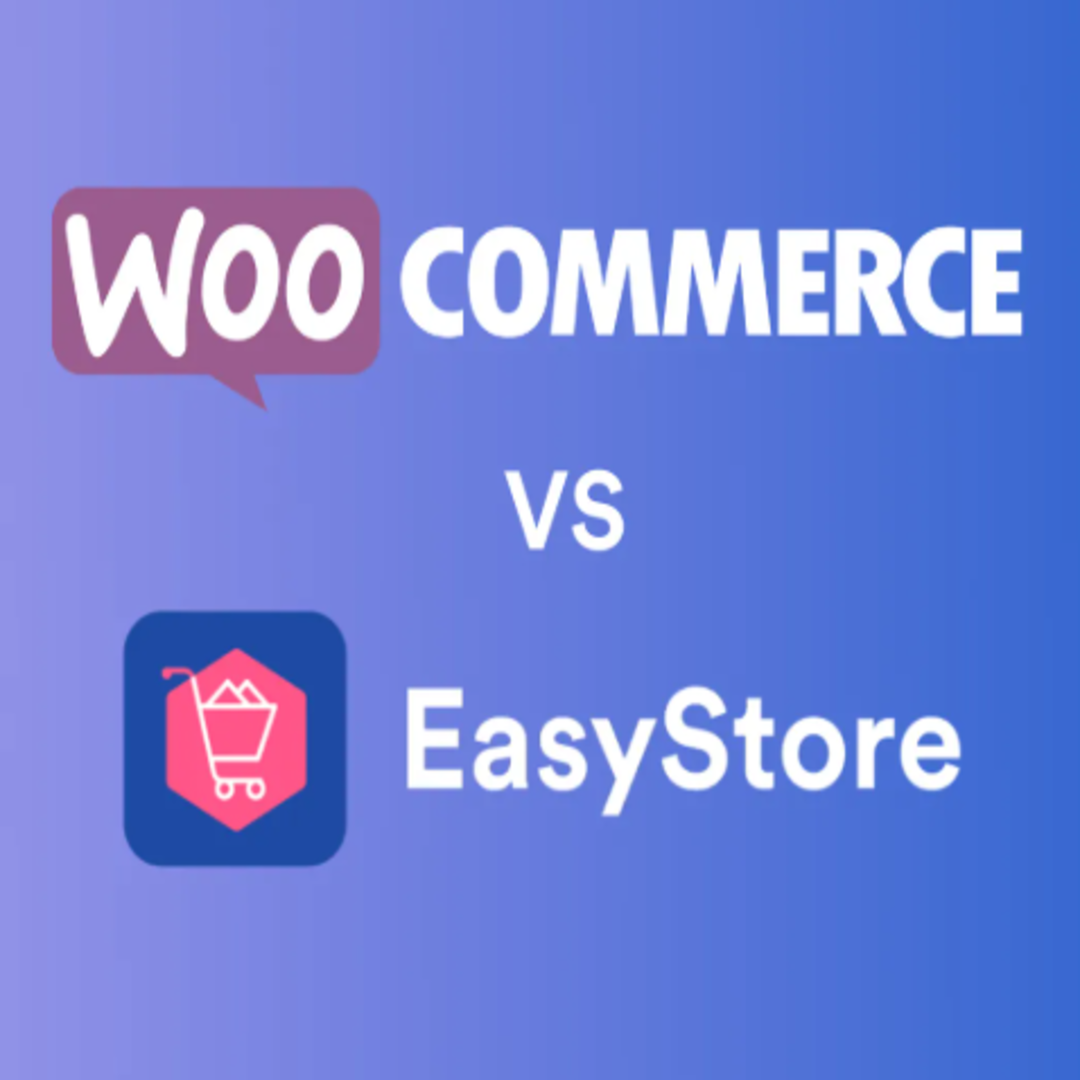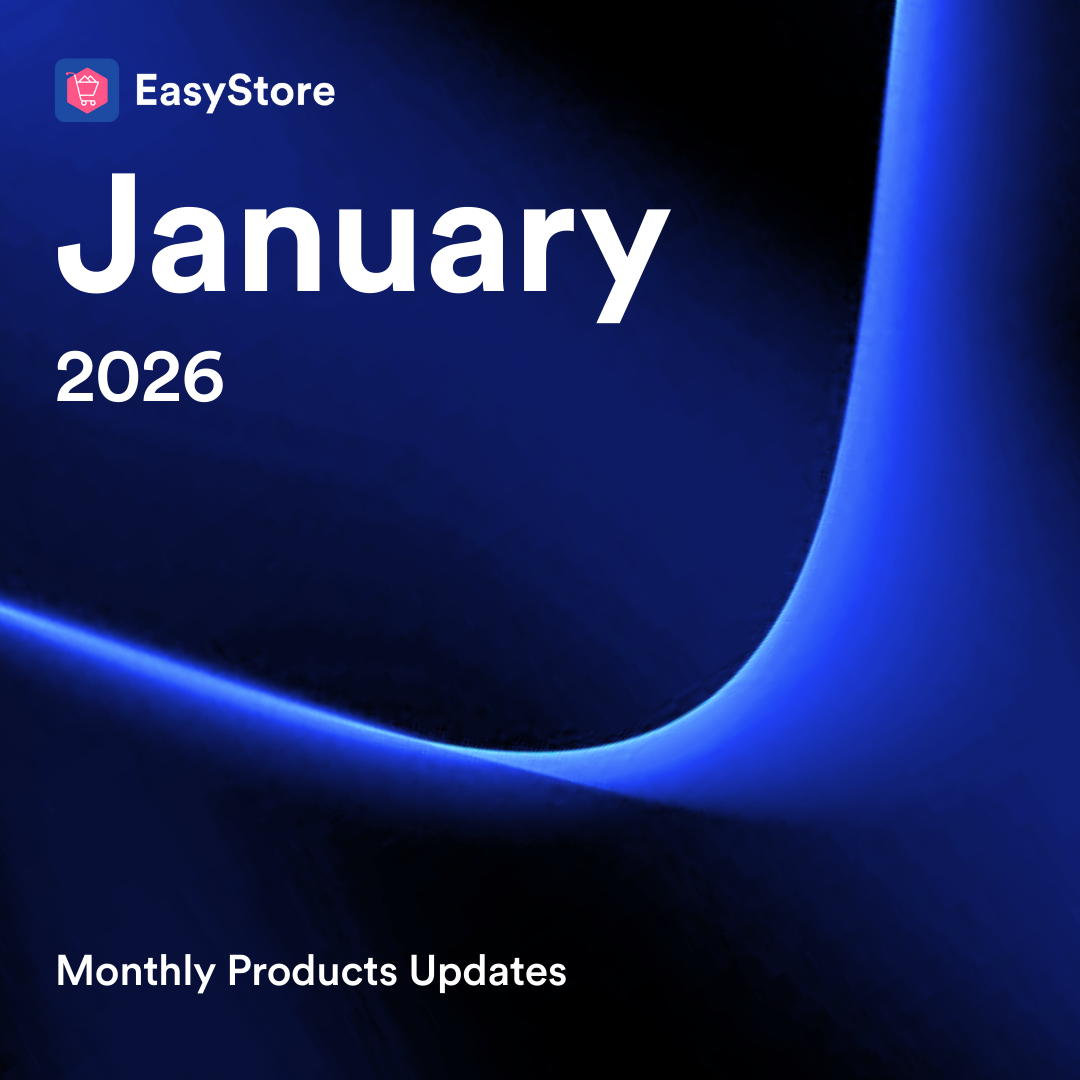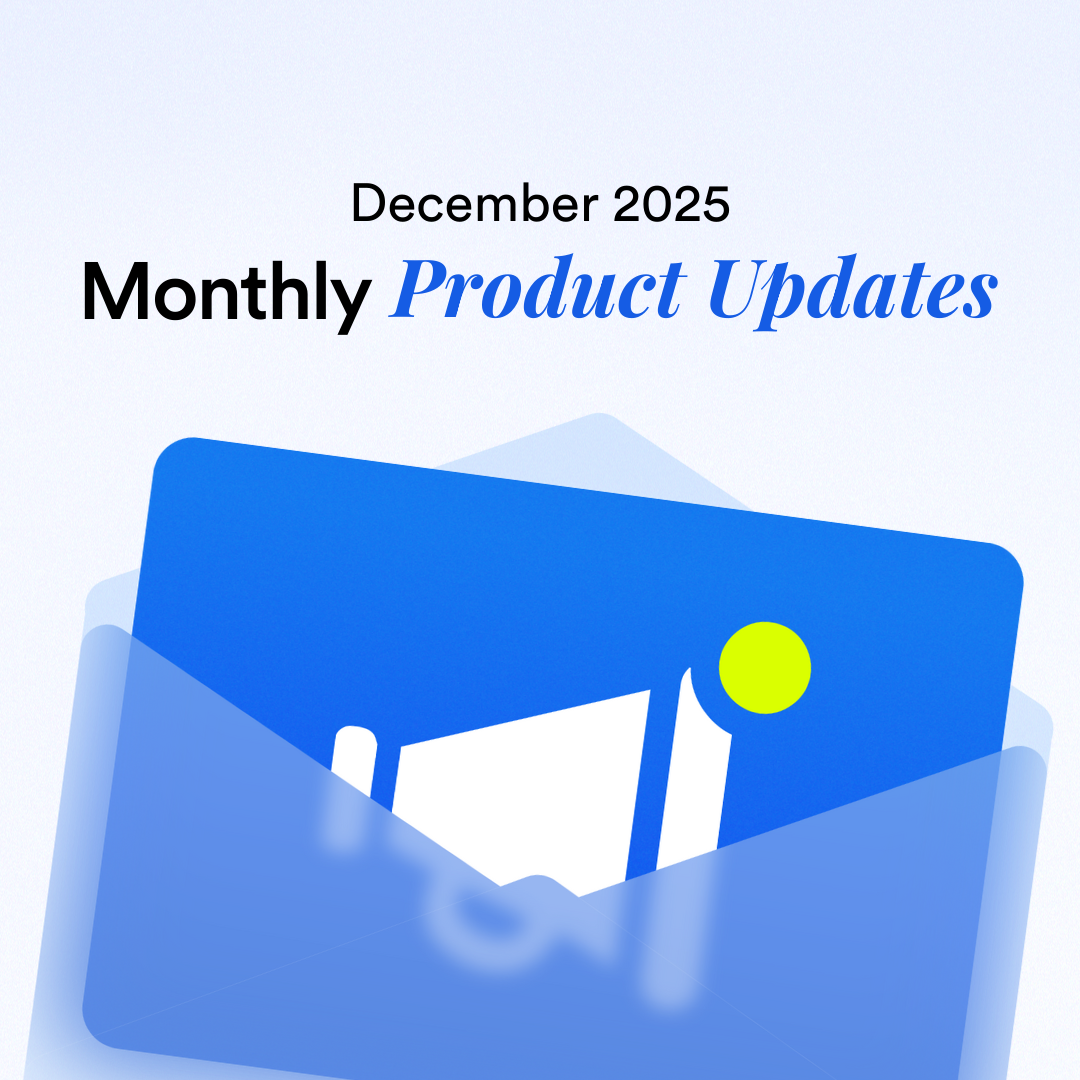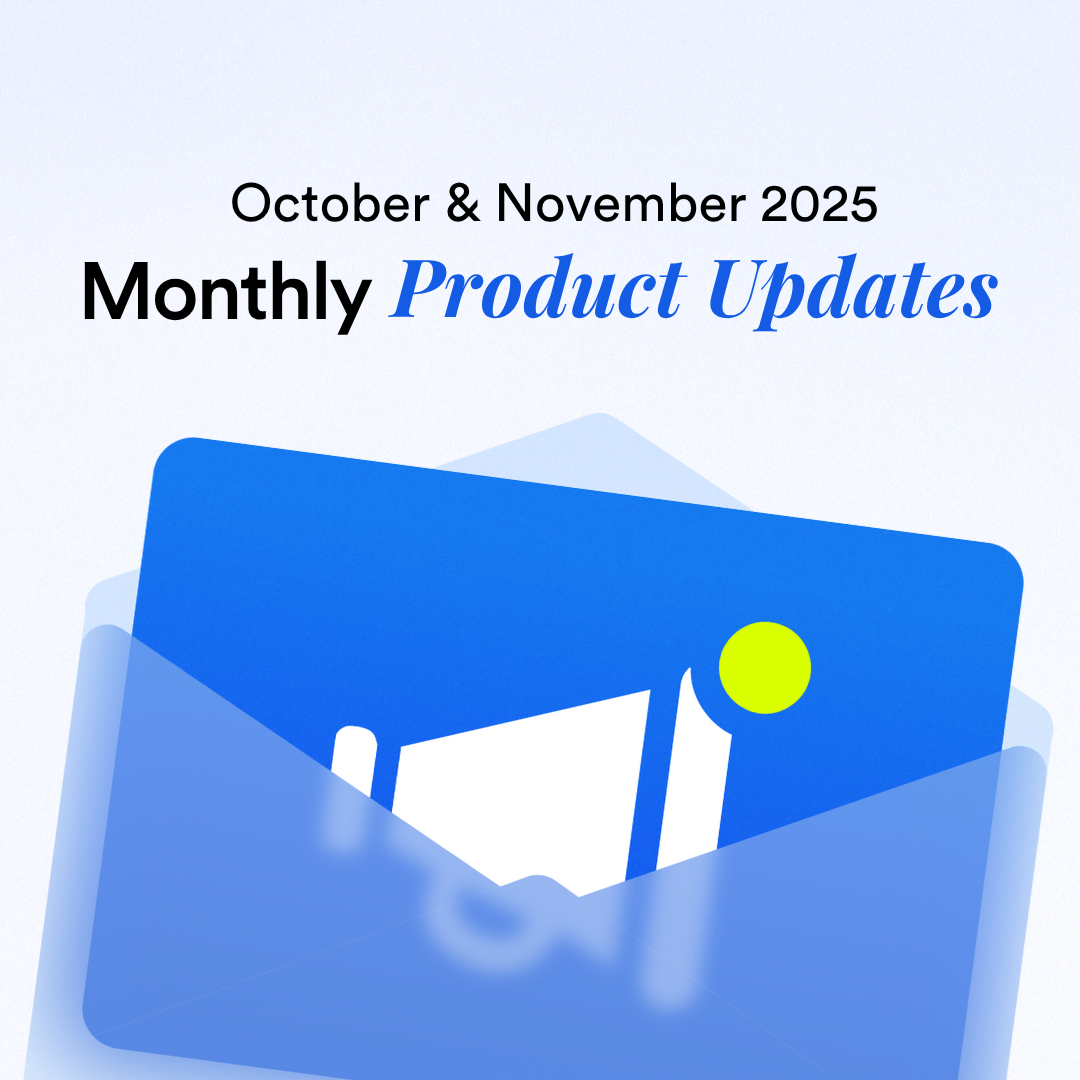WooCommerce vs EasyStore (2025): Which Ecommerce Platform Is Best for You?
By Vincent Leong · 18th January, 2022

Table of Contents
This blog was updated on 06 May 2025, for more information connect with our team: https://www.easystore.co/contact
Which Ecommerce Platform Is Right for Your Business in 2025?
The ecommerce industry remains highly profitable in 2025. But before choosing a platform to build and grow your online business, it’s essential to understand the differences between two popular options: WooCommerce and EasyStore.
Here are some important questions to help you decide:
1. What is your business goal?
Both platforms have their strengths and limitations. Clarifying your goal—whether it’s simplicity, customization, or regional focus—can help you choose wisely.
Do you want a platform that’s easy to use with minimal setup?
Does your business require complete design or feature flexibility?
How comfortable are you with website development or code?
Your technical expertise plays a key role. WooCommerce offers greater customization, but you’ll need technical knowledge to unlock its full potential. EasyStore, by contrast, is a fully hosted, all-in-one platform designed for ease of use—no coding skills required.
2. What’s your budget?
Both platforms come with costs—some more visible than others.
EasyStore’s pricing is transparent and inclusive. It offers tiered plans that bundle in core ecommerce features, local payment gateways, and shipping integration—without any transaction fees.
WooCommerce itself is free, but you’ll need to pay for hosting, themes, SSL certificates, domains, and plugins. This often results in a much higher total cost, especially if you need external help for setup and maintenance.
Choose a platform that grows your business—not your IT budget.
WooCommerce vs EasyStore: A Feature Comparison
Ease of Use
EasyStore lives up to its name. You can launch a fully functional store in as little as 15 minutes thanks to its user-friendly dashboard, ready-made templates, and built-in features. Everything—from hosting to payment integration—is taken care of.
WooCommerce, on the other hand, is a plugin for WordPress. To set it up, you’ll need to:
Purchase a domain
Create a hosting account
Install WordPress and WooCommerce
Choose a theme and install additional plugins
This process can be overwhelming for non-tech users. While WooCommerce is powerful, it’s best suited to those comfortable with web development or who have access to technical support.
Customer Support
Technical support matters, especially for beginners.
WooCommerce: Limited to WordPress forums and community discussions. For hands-on support, you’ll need to hire third-party developers.
EasyStore: Offers multilingual local support via live chat, email, and phone. You also get a rich library of help articles, videos, and webinars tailored for Southeast Asian businesses.
Payment & Shipping Integration
Both platforms support global payment and shipping providers, but EasyStore excels in local coverage:
| Global payment gateways | ✔️ | ✔️ |
| Southeast Asia payment support | Limited | Extensive (FPX, GrabPay, TnG, etc.) |
| Shipping options | Requires plugins or custom setup | Built-in with local providers like NinjaVan, J&T, and EasyParcel |
| Payment setup fees | May apply | Free |
While WooCommerce supports PayPal, Stripe, and DHL, local integrations often require additional paid plugins. EasyStore, in contrast, includes payment and logistics tools designed for Malaysia and Southeast Asia—at no extra cost.
Website Security
Security is critical. WooCommerce relies on you to handle it:
You must set up SSL, choose secure hosting, and install relevant plugins.
You’re also responsible for maintaining and updating all components.
EasyStore includes SSL, hosting, and automatic security updates in every plan, reducing your risk and workload.
Sales Channel Integration
Selling on multiple platforms boosts your visibility and revenue. Both platforms support multichannel selling—but with differences:
WooCommerce: Allows international channel integrations via third-party apps, many of which require extra cost and setup.
EasyStore: Offers seamless integration with major local and regional channels like Shopee, Lazada, TikTok Shop, and WhatsApp—all included in your plan.
Managing products, inventory, and orders across platforms is simpler with EasyStore’s centralized dashboard.
Pricing Comparison (2025)
EasyStore Pricing (RM)
| Standard | RM199 | Up to 5 sales channels, 5 staff accounts, 10 app integrations |
| Business | RM399 | Loyalty programs, referral & messaging features, 10 sales channels |
| Essential | RM499 | POS, shopping app, membership points & tiers |
| Growth | RM699 | Includes all Business features + POS app, 5 inventory locations, unified membership |
✔️ No transaction fees✔️ Free first-year domain✔️ Free SSL and hosting
WooCommerce Estimated Annual Costs (RM)
| Hosting | RM360 – RM1,600 |
| Domain | >RM50 |
| SSL Certificate | >RM280 |
| Theme | RM0 – RM500+ |
| Plugins/Add-ons | RM300 – RM2,000 |
| Payment Gateway | RM360 – RM500 (e.g. iPay88, now known as ADAPTIS) |
| Total | ~RM2,000 – RM10,000 |
While WooCommerce’s core plugin is free, the hidden costs can add up quickly.
Conclusion: Which Platform Should You Choose?
Both platforms offer strong ecommerce features, but the right one depends on your business goals:
Choose WooCommerce if you:
- Are tech-savvy or have access to developers
- Need full customization and control
- Are targeting a global market with unique requirements
Choose EasyStore if you:
- Want a fully hosted, ready-to-use platform
- Are focused on Malaysia or Southeast Asia
- Prefer an affordable, all-in-one solution with strong local support
Whether you’re launching your first store or expanding your existing business, EasyStore provides a simple, scalable solution tailored for Southeast Asian merchants in 2025.
Make Customers Love Buying From You
EasyStore empowers your brand to prioritize customers and enhance their experience, creating a unified customer experience (UCX) that makes customers love buying from you.
Over 50,000 brands have grown their businesses by embracing unified customer experiences (UCX) strategy through EasyStore across multiple sales channels - online store, retail outlets, marketplaces, and social media, ensuring consistency in product and service offerings for a seamless shopping journey.
Embrace UCX and redefine your business success today
Discover how UCX can elevate your customer engagement with a truly unified journey for your customers, streamline operations, and drive growth across all channels.
Contact Us




